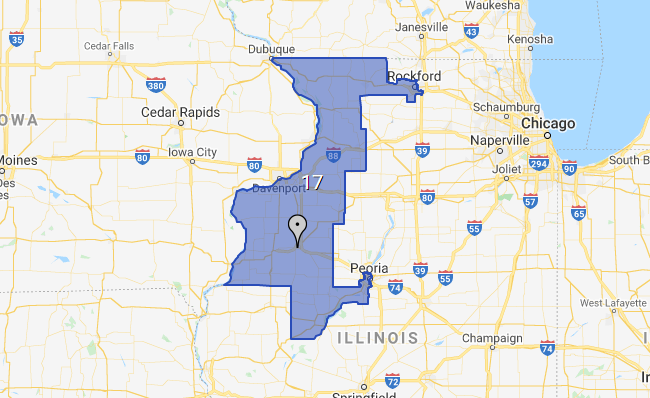

The win in Jacksonville, which was the most populous city in the country with a Republican mayor, is a huge morale boost for Florida Democrats, who have faced a series of stinging losses in recent years.

After she left TV, she went on to found a nonprofit group that focuses on breast cancer research. She will be the city's first female mayor.
#Nytimes election website tv
He won’t be the last populist leader to do so.īret Stephens writes a column for the New York Times.Deegan is a former TV anchor in the city with significant name recognition. All the rest - victory or defeat, prosperity or misery - is details.Įrdogan defied expectation because he understood this. It’s built on a sense of belonging: of being heard and seen of being a thorn in the side to those you sense despise you and whom you despise in turn of submission for the sake of representation. The Trump movement isn’t built on the prospect of winning. In November, I was sure that Donald Trump was, as I wrote, “finally finished.” How could any but his most slavish followers continue to support him after he had once again cost Republicans the Senate? Wouldn’t this latest proof of losing be the last straw for devotees who had been promised “so much winning”? Which brings us to another would-be strongman in his palace in Palm Beach. Maybe what some critical mass of ordinary Russians want, at least at some subconscious level, isn’t an easy victory. To wonder how Erdogan could possibly be reelected after so thoroughly wrecking his country’s economy and its institutions is akin to wondering how Vladimir Putin appears to retain considerable domestic support in the wake of his Ukraine debacle. In it, they see not a sign of extravagance or waste, but the importance of the man and the movement to which they attach themselves and submit.Īll this is a reminder that political signals are often transmitted at frequencies that liberal ears have trouble hearing, much less decoding. Far from scandalizing his supporters, it seems to have delighted them. Erdogan, as the tribune of the Turkish Everyman, built himself an aesthetically grotesque, 1,100-room presidential palace for $615 million. The illiberal tradition is based on the exaltation of it. The classically liberal political tradition is based on the suspicion of power. Only a denuded secular imagination fails to notice that there are things people care about more than their paychecks. It’s a rebuke to James Carville’s parochially American slogan, “It’s the economy, stupid.” Actually, no: It’s also God, tradition, values, identity, culture and the resentments that go with each.

That last line is telling, and not just because it gets to the importance of Erdogan’s Islamism as the secret of his success. Then, too, Kilicdaroglu was widely seen as a colorless and inept politician, promising a return to a status quo ante that many Turks remember, with no fondness, as a time of regular economic crises and a kind of repressive secularism.Īll of this is true, as far as it goes, and it helps underscore the worldwide phenomenon of what Fareed Zakaria aptly calls “free and unfair elections.” But it doesn’t go far enough. In December, a Turkish court effectively barred Erdogan’s most serious prospective rival, Mayor Ekrem Imamoglu of Istanbul, from politics by sentencing him to prison on charges of insulting public officials. He has sought to criminalize an opposition party on specious grounds of links to terrorist groups. He has exercised his presidential power to deliver subsidies, tax cuts, cheap loans and other handouts to favored constituencies. The president, they say, has spent 20 years in power tilting every conceivable scale in his favor.Įrdogan has used regulatory means and abused the criminal-justice system to effectively control the news media. That’s not quite the way Erdogan’s close-but-comfortable victory in Sunday’s runoff over former civil servant Kemal Kilicdaroglu is being described in many analyses. And it should serve as a warning about other places - including the Republican Party - where autocratic leaders, seemingly incompetent in many respects, are returning to power through democratic means. It’s an observation that should help guide our thinking about the reelection this week of Recep Tayyip Erdogan in Turkey. “The totalitarian phenomenon,” French philosopher Jean-François Revel once noted, “is not to be understood without making an allowance for the thesis that some important part of every society consists of people who actively want tyranny: either to exercise it themselves or - much more mysteriously - to submit to it.”


 0 kommentar(er)
0 kommentar(er)
